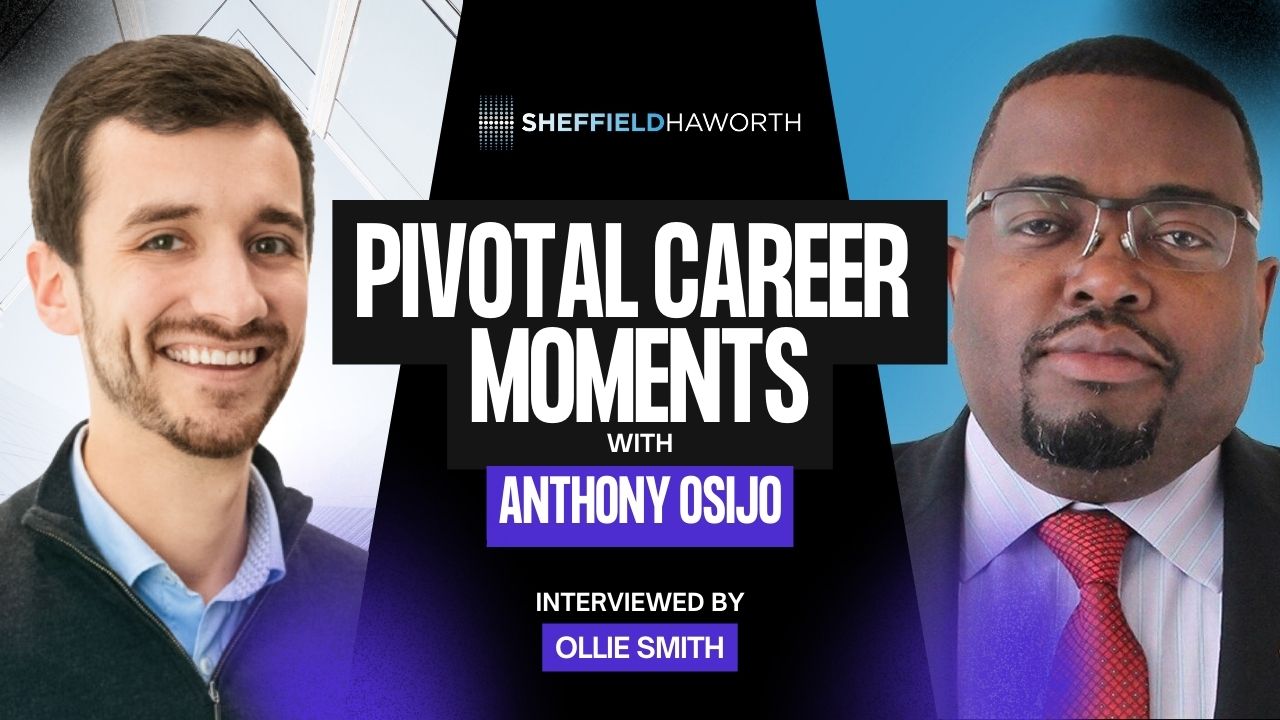As the Chinese proverb goes, the journey of a thousand miles begins with a single step. For many organisations today, busy dealing with economic uncertainty, inflation, and countless other constant challenges, achieving diversity, equity, and inclusion (DEI) can feel like a thousand-mile journey. Most are unsure where they are along that journey or even how many steps they have taken.
This article aims to recap the trends driving DEI and remind business leaders of the clear benefits. It then offers a framework for C-suite and other senior business leaders to establish where their organisations are in their DEI journeys and help them to work out which specific steps to take next.











